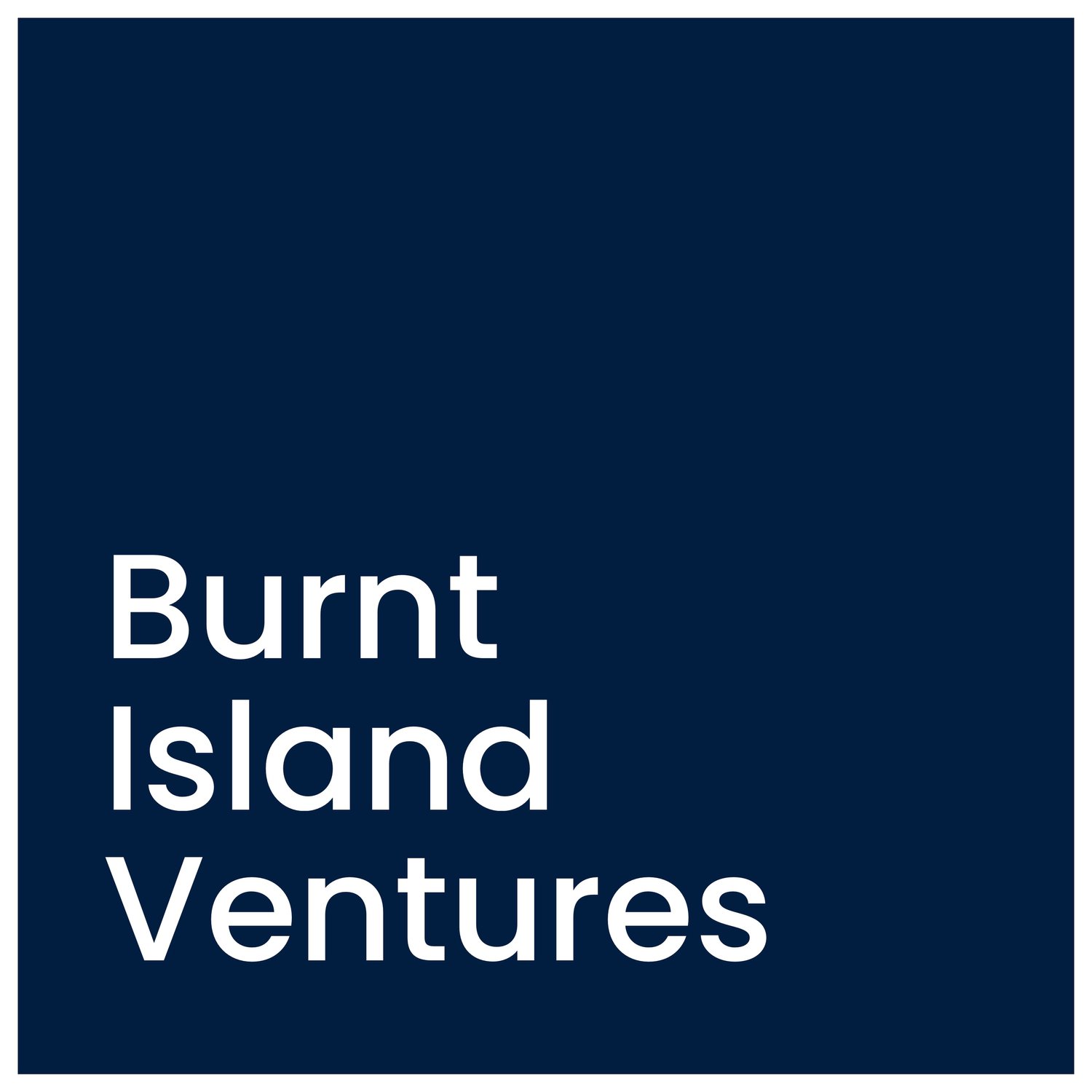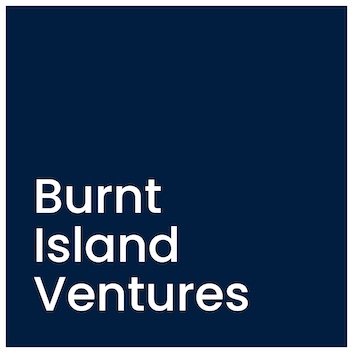BIV Welcomes Investment Associate - Jennie Graham
Welcome Jennie! You're a recent permanent addition to the team but have made yourself invaluable over the last few months. What are your reflections on your introduction to early stage investing in water?
Thank you for the warm welcome!
The first and perhaps most important thing I have learned over the last few months is that water is filled with great people. From entrepreneurs to industry experts, everyone I have met thus far in water has a real ‘roll up your sleeves’ attitude. They work hard, get stuff done, and do it with humility. The global problem of water (management, access, and security) is so big there’s just no room for ego. There’s also no room for gatekeepers. In such a chronically underfunded and poorly understood sector, it helps to be friendly, collaborative, and foster an environment that welcomes people in and champions knowledge-sharing. It’s not surprising to learn that people in water just seem to get that old adage about rising tides.
While water is unique in many ways, it’s also clear that the universal truths of company building still hold. Although entrepreneurs in the space face a particular set of challenges, with changing regulations, labor market constraints, worsening climate change impacts, and more, the job here is much the same as in any other sector: serve an unmet need, and do it in a way that is better/faster/more efficient than the rest. Great teams, a strong vision, deep customer focus and understanding, and solid business fundamentals - these are just as critical here as anywhere.
And I’ll just add one final observation as a former climate generalist - it’s amazing how rare it is for people to fully understand water’s place in the broader context of climate tech. Water touches everything. Not enough people get this.
You're done some amazing stuff, from working with refugee entrepreneurs to helping traditional craftspeople find paths to market. What are the biggest or most applicable lessons you brought from your prior experience?
The number one thing I tell people is: know your why. This is as true in personal life as it is in business. If you can thoroughly understand and clearly articulate your wider vision or goal, it becomes a lot easier to fit the everyday actions into the wider frame. And it makes it easier for others to jump on board, too. The best entrepreneurs I have met are deeply connected to their why, whether it is reviving more sustainable modes of production or blazing a trail for women in entrepreneurship in some pretty challenging environments. Important to note: it doesn’t have to be something intensely personal, your why can be as simple as making it easier for the next folks who come along.
Another important lesson I have learned is: always remain agile. In emerging markets, things can turn on a dime, and those who can’t be flexible and adapt are doomed to failure. You have to be ready to embrace change and alter course where needed, especially where geopolitical events make this inevitable. I like to think of this as an important lesson for entrepreneurs as well as for those who support them (whether in the non-profit or for-profit context). You have to roll with the punches and find new ways to keep swinging.
Something else you learn when you work with entrepreneurs from around the world is that great talent can come from anywhere. Brilliance is not a zip code. I have met geniuses from Damascus, Yangon, Guinea, and Oxford. The main difference between them is that those from the latter often have far more resources and time to explore and cultivate that brilliance. This is an important fact to hold onto in the world of VC, where it is often overlooked.
What do you most hope to bring to the BIV team?
I’m most looking forward to bringing some of that emerging market problem-solving skillset to the team. Doing a lot with very little, facing an ever-changing logistical or regulatory landscape, forging quick connections with the right people, and always iterating, iterating, iterating - I’ve been lucky enough to learn how to do this with some of the best social enterprise leaders out there. I’m excited to bring that experience to help our founders tackle problems a little closer to home.
I have also spent the last few years in the broader climate tech venture ecosystem, seeing what works and what doesn’t, what gets funding and what doesn’t. As much as I wish the wider climate community would wise up to water, there are plenty of lessons to take from a more holistic view. I have had a great grounding in the space alongside some excellent teams, so I hope to bring some of that macro perspective (especially when it comes to helping our companies tap into those Big Climate dollars) to BIV.
What surprised you about your MBA? What will be the most useful, do you think?
I shouldn’t be, but I was genuinely surprised by how much I valued the ‘soft’ subjects. Lessons on team building, motivating people, leadership communication, and negotiation skills - these are the ones that are likely to stick with me longer than the CAPM formula. Special mention should of course go to some important courses: financial accounting, valuation, and entrepreneurial finance. But in reality, people make or break a business. Understanding how to get the best from people is just about the most valuable skill for entrepreneurs and investors there is.
What do you think is the least understood aspect of the world of venture?
To my point above - how little of it is to do with financial acumen. Yes, we need to be able to model out financial predictions in order to make bets, but any number cruncher can do that. The best investors are experts on people. They are specialists in assessing resilience, drive, and ability to inspire, those intangible qualities found in the best of founders and operators. This is most true at the early stages, but it is also important in later stage venture. And yes, there are those with a natural aptitude for this sort of thing, but it mostly comes back to the ten-thousand-hour rule. It takes dedication and plenty of practice.

